Two civic society organisations have dragged President Emmerson Mnangagwa to the High Court following a government decision to completely shut down the Internet twice in a week, following a three-day stay-away called by labour unions early this week.
In the application filed on Wednesday, Zimbabwe Lawyers for Human Rights (ZLHR) and the Media Institute of Southern Africa (Misa Zimbabwe chapter) are the applicants, while minister of State in the President's Office for National Security Owen Ncube, director general of intelligence services, Mnangagwa, Econet Wireless Zimbabwe Limited, NetOne Cellullar (Private) Limited, Telecel Zimbabwe (Private) Limited and the Postal and Telecommunications Regulatory Authority of Zimbabwe (Potraz), are the respondents.
According to ZLHR's executive director Roselyn Hanzi, the application was necessitated by the Internet shutdown through a warrant issued in terms of Section 6 (2) of the Interceptions of Telecommunications Act Chapter 11:20.
"Pursuant to this warrant and throughout the entirety of Zimbabwe, Internet services have been shut down. The net effect of this is that ordinary citizens have not been able to access their email, has not been able to go on the Internet, has not been able to use social media such as WhatsApp, Facebook, Instagram, Snap Chat, and Twitter to name a few.
"For business operations, students, hospitals, scholars, the shutdown is having a catastrophic effect. Businesses which operate on the basis of the Internet in accessing their bank accounts, in communicating locally and internationally through email, have in fact been shut down," Hanzi said.
She said in light of the high charges for mobile communication, many were resorting to the use of WhatsApp, adding shutting off such a platform means the majority of people have been denied the right to communication.
"Thus, the consequences of the directive to shut down Internet access have had far-reaching implications. Natural and juristic persons have been affected as a result of the sudden and unexpected unlawful suspension (shutdown) of Internet services in Zimbabwe with effect from the 14th of January 2019. Users of these services to Zimbabwe are effectively unable to communicate on Internet within and outside of Zimbabwe," she said.
Hanzi further told the court that the Internet shutdown has crippled access to business websites, social media sites, among other Internet services.
She said the government directive has cost people significant losses of money, putting human lives at risk.
"We believe that the directive was made precipitously in the spur of the moment to silence the voices of the people in the interactive public discourse enabled by social media platforms.
"The decision to compel Internet service providers to suspend Internet services in Zimbabwe is also questionable in that there is no public emergency necessitating the limitations of fundamental rights and freedoms," Hanzi said, adding the government did not first obtain a court order authorising the directive. She further accused the government of bullying Internet service providers into complying with its "unreasonable and politically motivated" directive.
She also stated the directive was an infringement on people's right to freedom of expression and access to information provided for in terms of the country's Constitution.
According to the court papers, the two organisations are now seeking an order suspending the shutting down of Internet services and that all Internet providers be ordered to resume operations.
- dailynews
 NetOne CEO granted US$500 bail in fraud case
NetOne CEO granted US$500 bail in fraud case  South African ambassador falls to death from Paris hotel room
South African ambassador falls to death from Paris hotel room  India dumps US Treasury bills
India dumps US Treasury bills  ZSE and VFEX recover after weak 1st half
ZSE and VFEX recover after weak 1st half  Gold edges up as traders await guidance
Gold edges up as traders await guidance  Wheat records first ZMX trade at US$400/tonne
Wheat records first ZMX trade at US$400/tonne  Young Investment Professional (YIP) Graduate Programme 2019
Young Investment Professional (YIP) Graduate Programme 2019 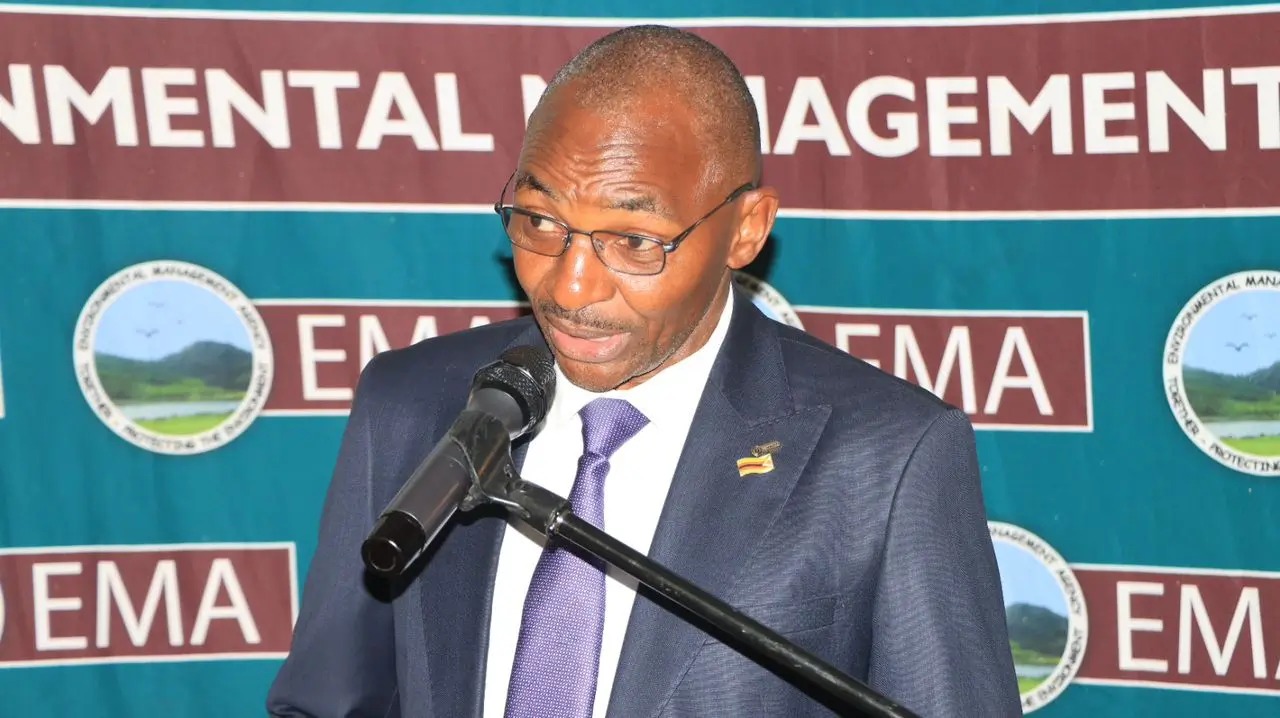
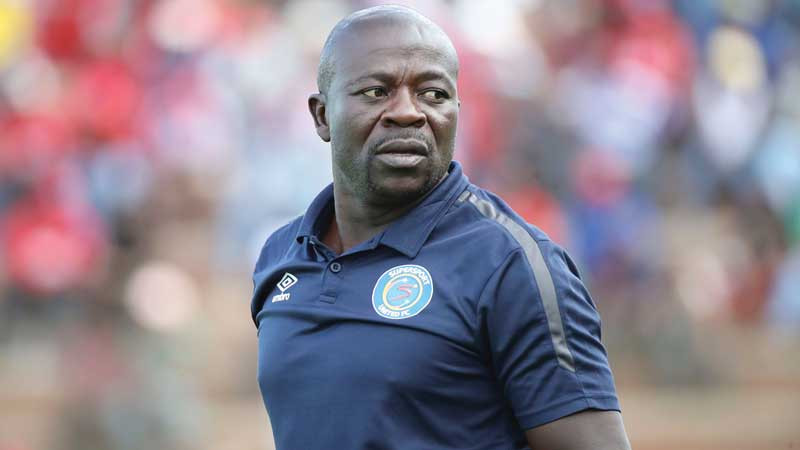
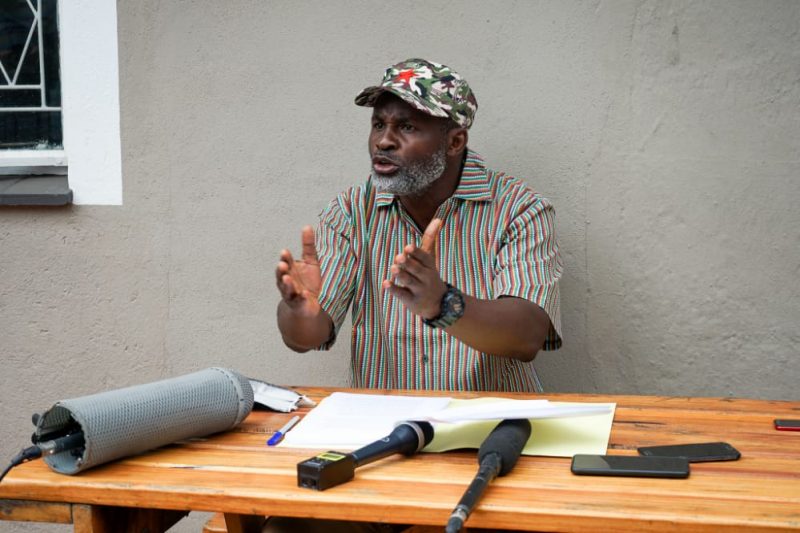
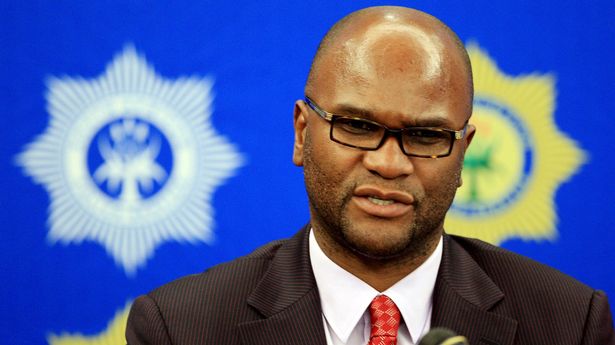
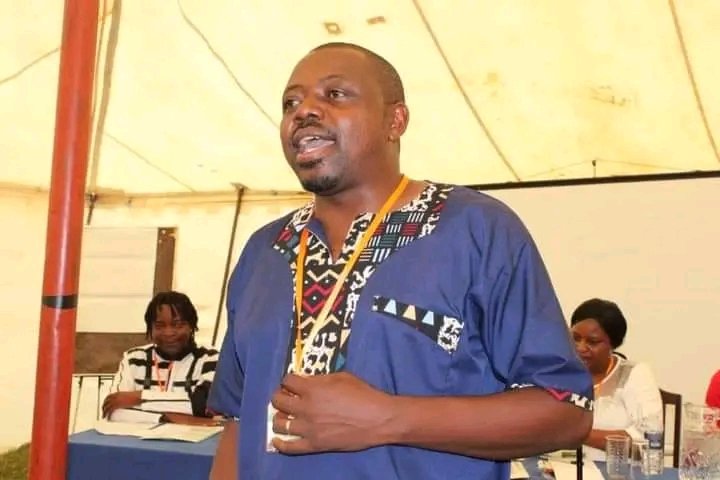
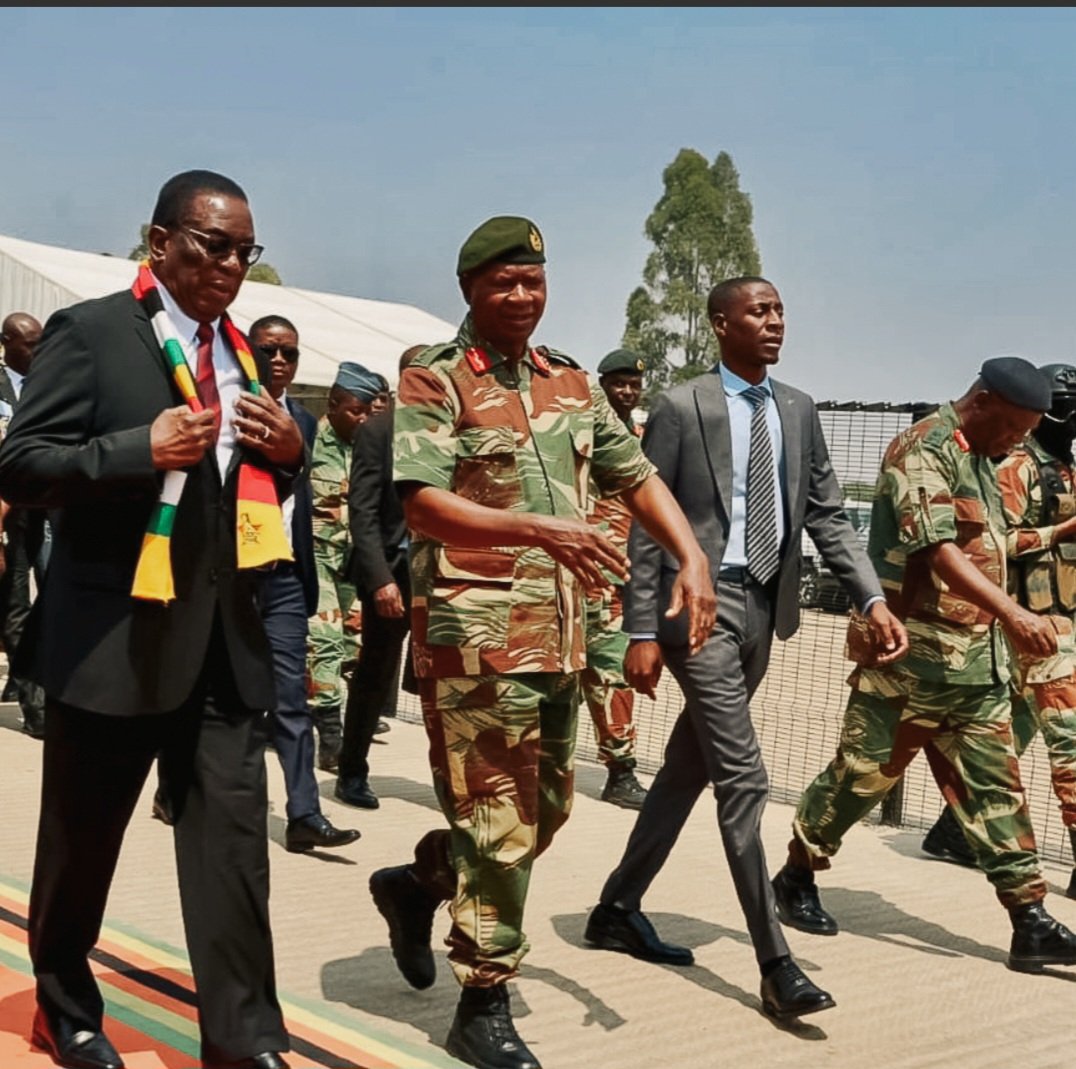

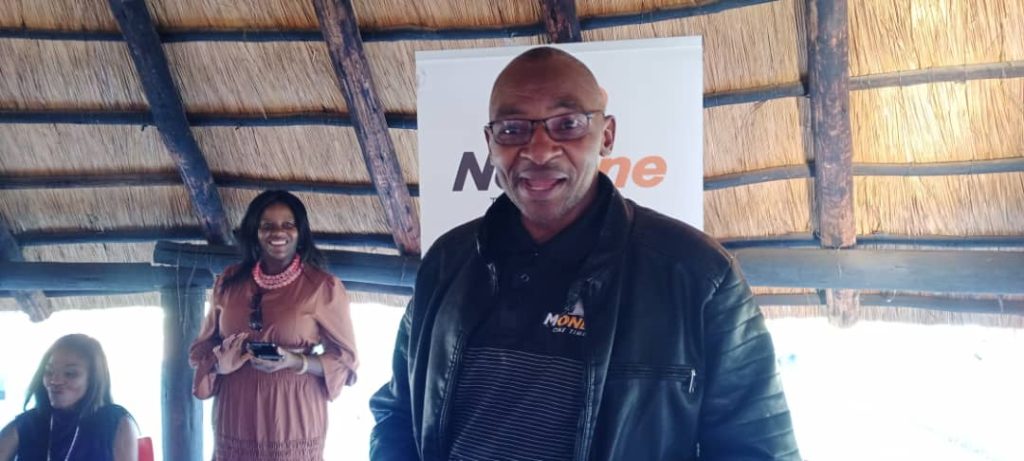
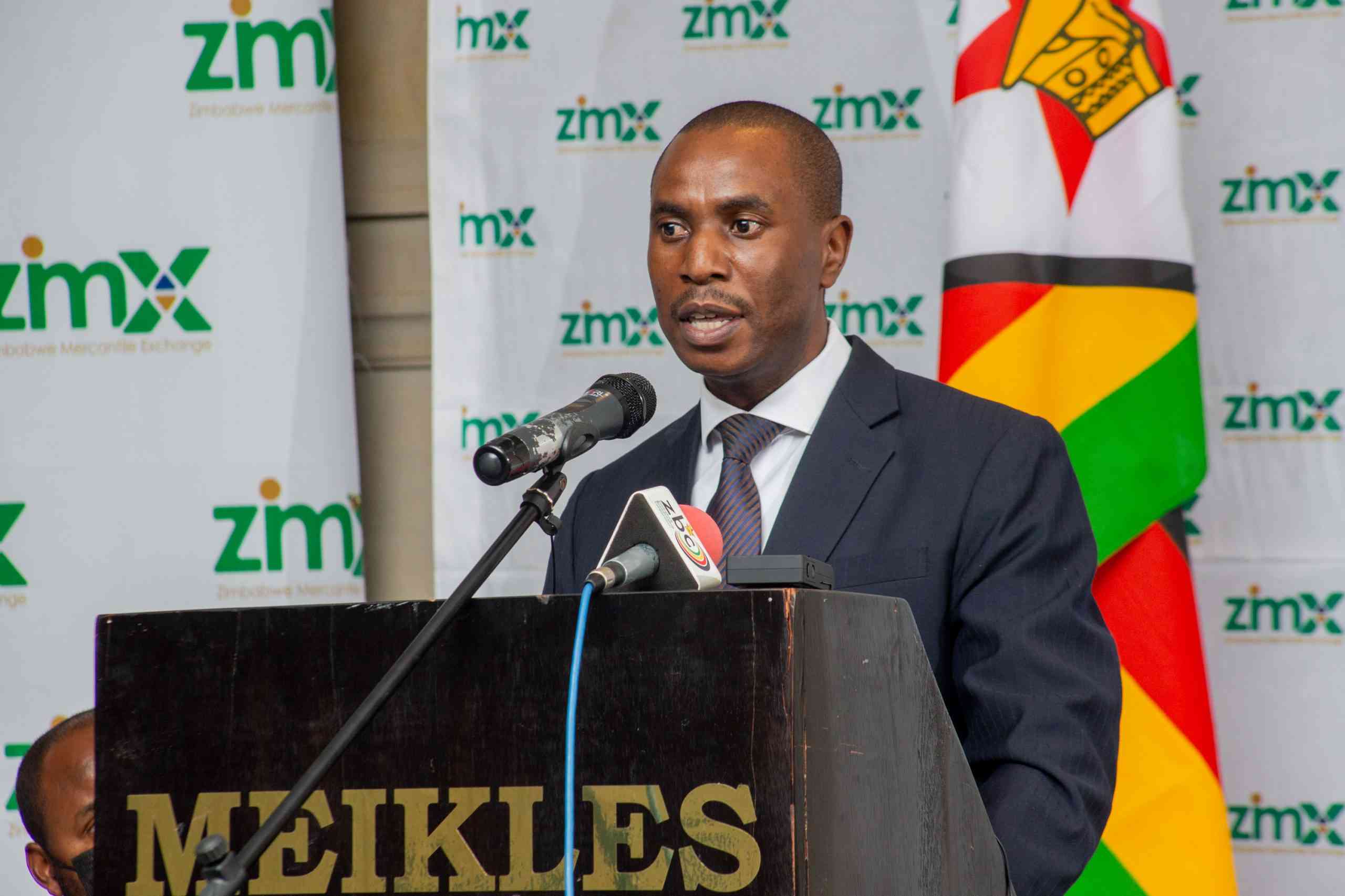
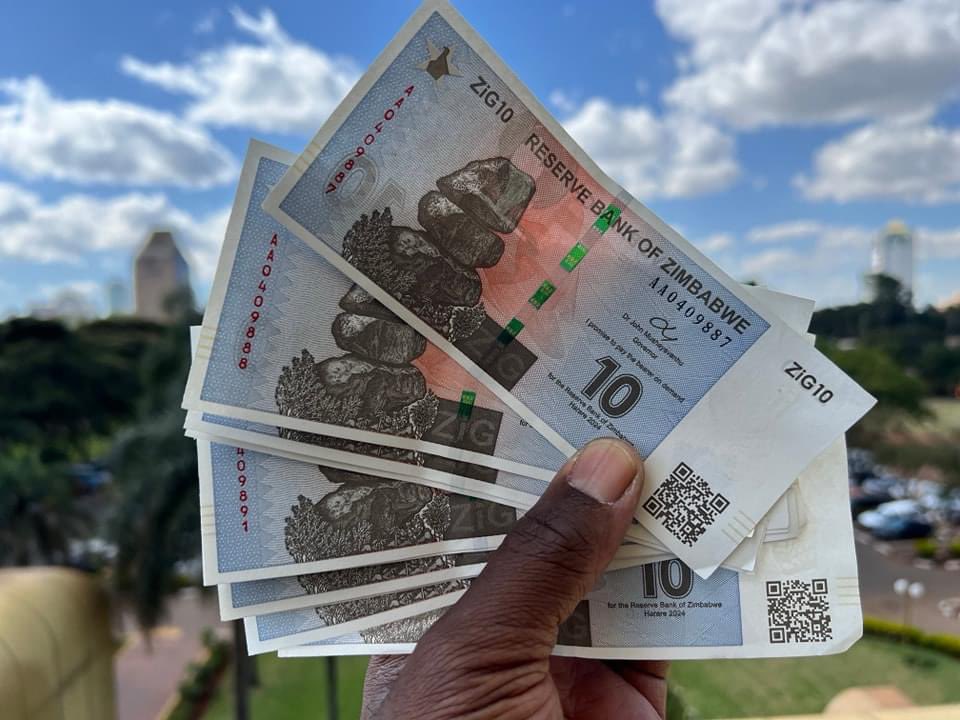

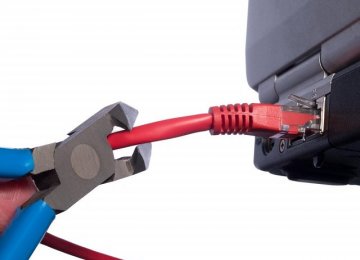
 Young Investment Professional (YIP) Graduate Programme 2019
Young Investment Professional (YIP) Graduate Programme 2019
Editor's Pick